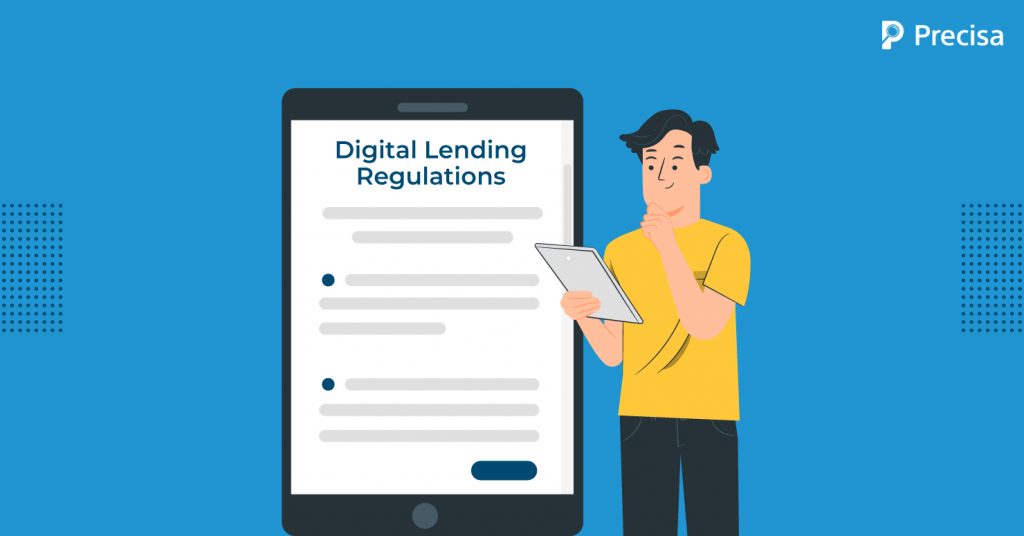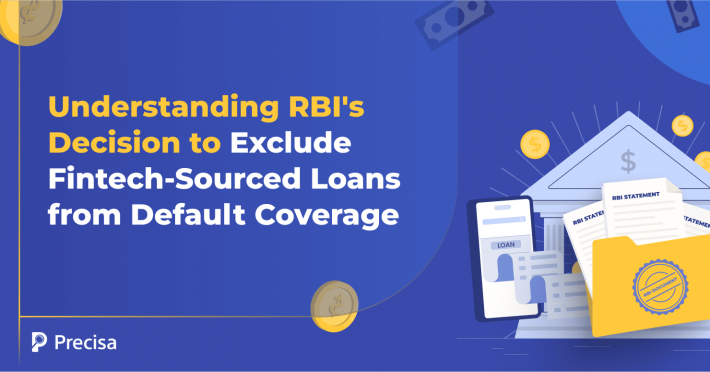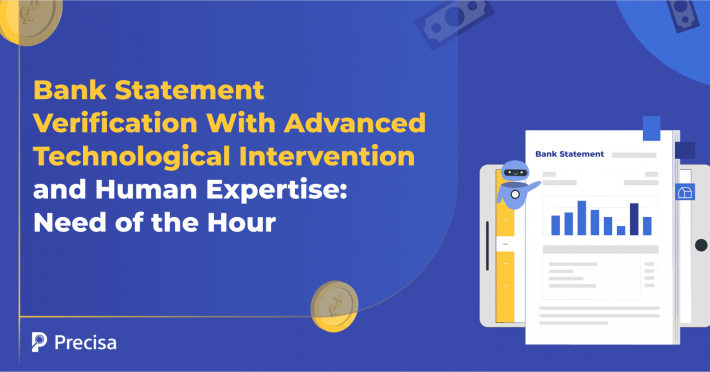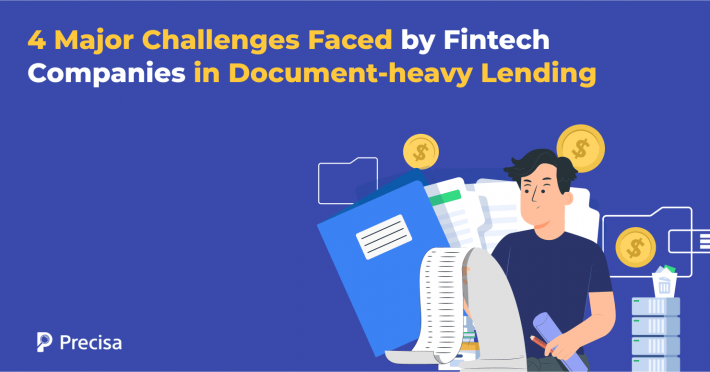Digital Banking Rules Encourage Creativity and Ethical Funding

The traditional banking sector in India has always been highly regulated. While this approach has created a haven for millions of consumers to meet their financial needs, it has also served as a barrier, keeping many outside the purview of the banking system.
However, digital lending has emerged as a disruptor at scale.
As of November 2022, the estimated value of India’s digital lending market share is $ 200 billion. It is expected to rise to $ 350 billion by 2023. Non-banking financial companies (NBFCs), fintech, and banks are leveraging fintech solutions as a key vehicle to disburse loans rapidly. In September 2022, the Reserve Bank of India (RBI) rolled out new guidelines for commercial banks, NBFCs, and cooperative banks engaged in digital lending.
In this blog, let’s understand the state of digital lending, the key drivers behind the RBI guidelines, and its future.
Current State of the Digital Lending Landscape
India’s credit landscape has drastically evolved over the last few decades. From a point where it was challenging to secure a loan due to stringent eligibility criteria, it has become significantly easy to secure via digital lending channels. Consumers can secure a loan of a relatively smaller ticket size, even without a credit score.
Types of loans can range from personal, educational, and business loans. Some fintech businesses have created a unique business model by offering to facilitate purchases of products such as electronics or through cash disbursements.
Another trend that has become relatively popular is Buy Now Pay Later (BNPL). This scheme enables consumers to access products without a credit or debit card by paying 25% or less of a product’s value upfront and the rest in instalments.
A Few Negative Fallouts
Access to credit via digital lending has been a game changer for many underserved segments, including the MSME sector, women, and remote consumers. However, it is also had some adverse impacts:
-
Risk of Low Profitability
Even the highly regulated banking sector has witnessed a significant growth of non-performing assets, from INR 1.8 trillion in the financial year 2019 to INR 2 trillion in the financial year 2021. An unregulated digital lending landscape is also witnessing a similar trend, which impacts the profitability and sustainability of digital lenders.
-
Debt trap and Lack of Financial Literacy
It has given rise to a scenario where consumers have easy access to loans and schemes to BNPL without having the means to make payments. Consequently, it is plunging them into ever-piling debt. Many consumers also need more financial literacy and need to be made aware of interest rates, payment schedules, and other metrics.
-
Fraud
While many digital lenders are genuine businesses, an unregulated landscape has given rise to fraudulent players such as fake lending apps.
A Snapshot of RBI Digital Lending Guidelines
There are three core entities involved in the digital lending process – regulated entities (REs), digital lending applications (DLAs), and lending service providers (LSPs) partners.
The digital lending guidelines span the full spectrum of lending processes:
- Loan disbursals and repayments are to be executed only between the borrower’s bank account and the RE, which comprises banks and NBFCs.
- In the credit intermediation process, any fees payable to LSPs must be paid directly by regulated entities (REs) and not by the borrower.
- The borrowers are to be provided with a standardised key fact statement (KFS) before the execution of a loan. The KFS must include the annual percentage rate (APR) or interest, which is an all-inclusive cost.
- The loan contract must include a cooling-off period, allowing borrowers to exit digital loans by paying the principal amount, and a proportionate APR sans a penalty.
- Digital lenders must take a borrower’s consent before executing for credit limit increase.
- REs must appoint a nodal grievance redressal officer to address fintech/ digital lending-related complaints.
- If an RE does not resolve a borrower’s complaint within 30 days of registering it, the borrower can complain with the RBI’s Integrated Ombudsman Scheme.
Key Takeaway
The new RBI guidelines protect consumer rights and the very survival of all stakeholders in the digital lending sector. A culture of innovation and responsible digital lending practices must thrive side-by-side for digital lending to be an inclusive, sustainable and profitable business.
Today, many digital lending businesses are leveraging innovative tools such as financial statement analysis software to help make informed lending decisions and process applications efficiently and at scale.
Presica’s user-friendly bank statement analyser aims to simplify the analysis process through automation, enabling results to be delivered in minutes. The solution provides actionable insights on an easy-to-use dashboard, helping businesses make informed lending decisions.
Contact us for a free demo today!



